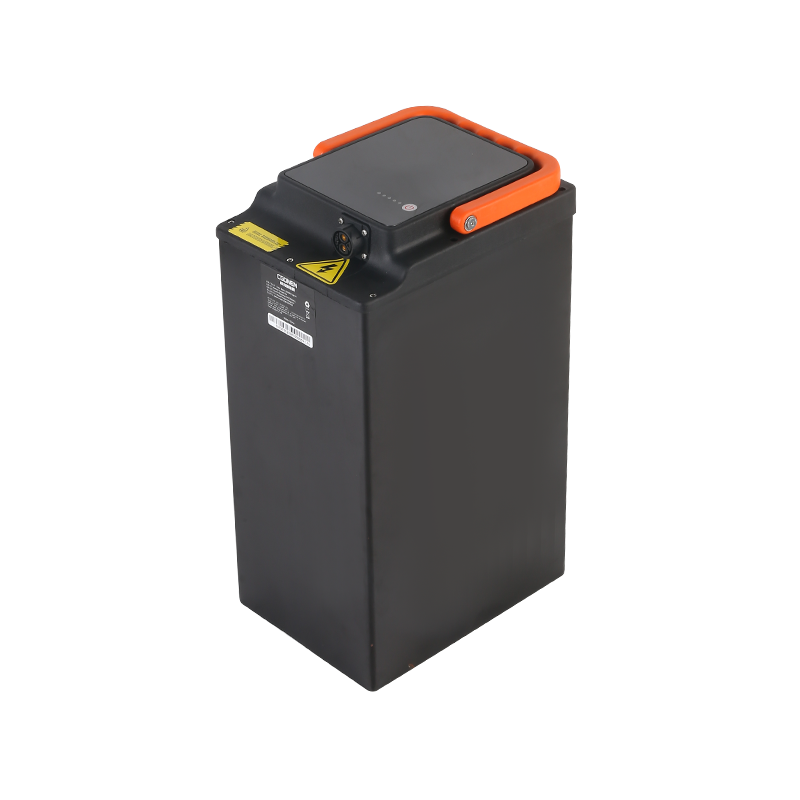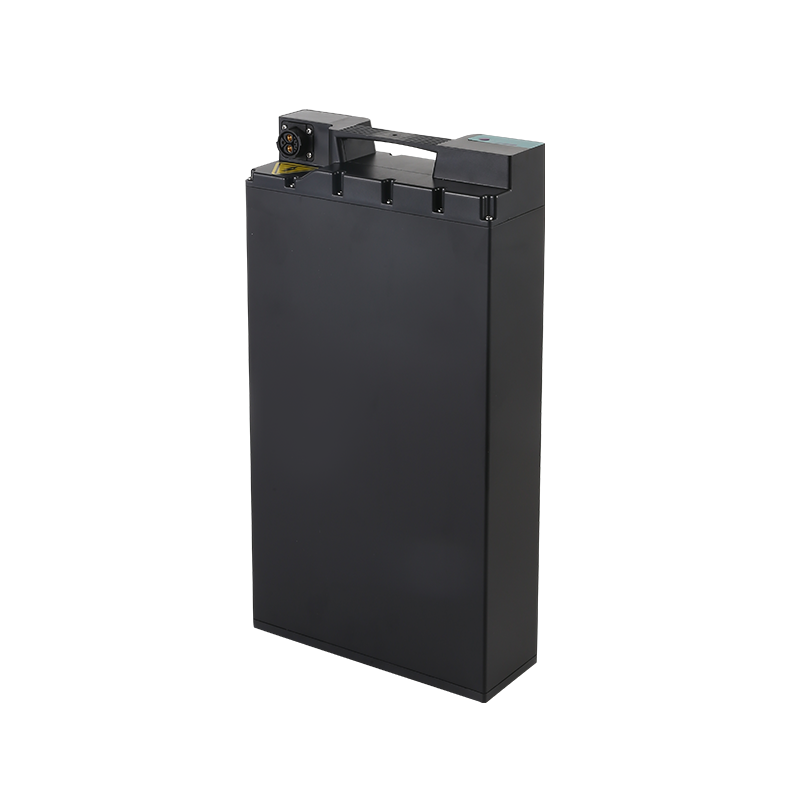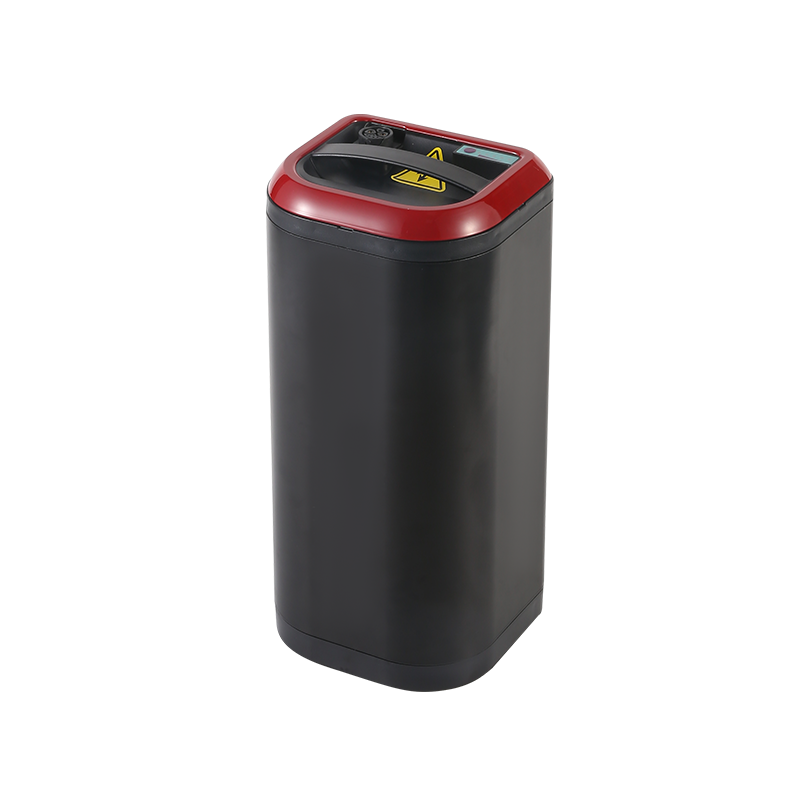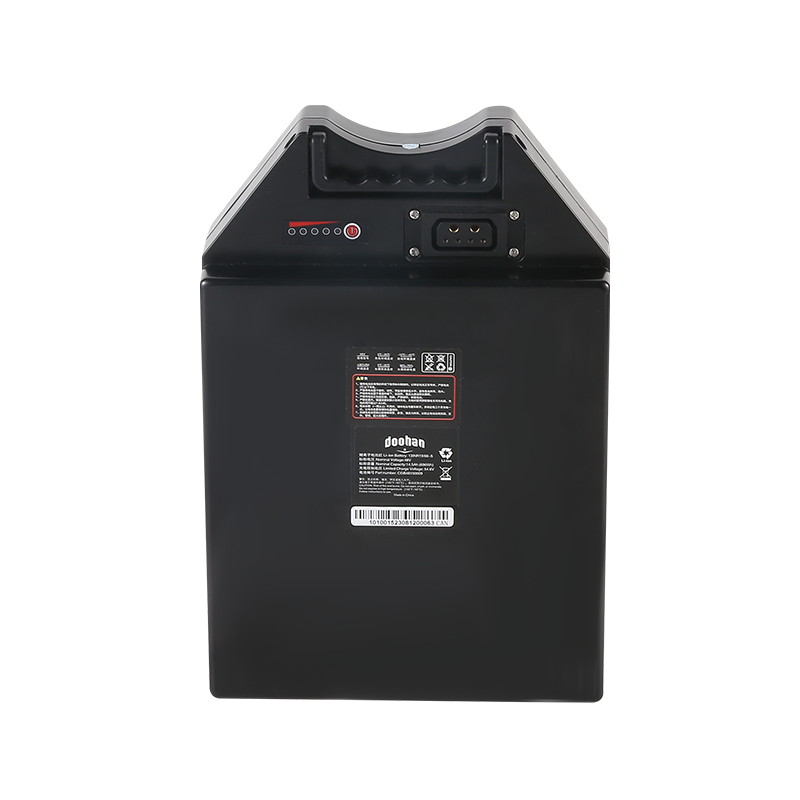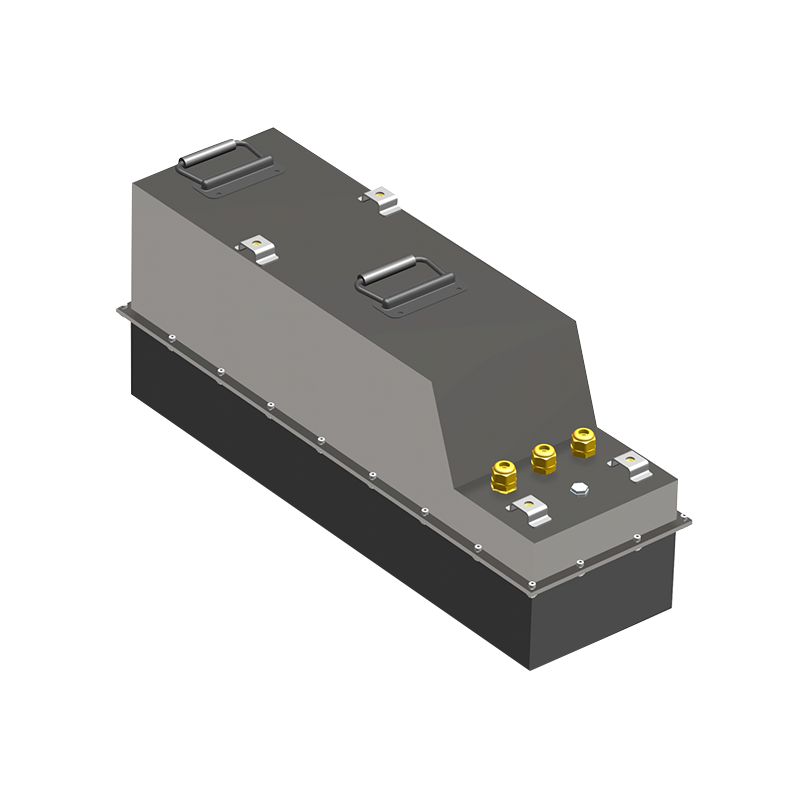Web Menu
Product Search
Exit Menu
E-Motorcycle Battery is Gaining Popularity
In the rapidly evolving landscape of transportation, electric motorcycles (e-motorcycles) are emerging as a sustainable and efficient alternative to traditional gasoline-powered bikes. Central to the success and widespread adoption of e-motorcycles is the e-motorcycle battery, a critical component that determines the performance, range, and reliability of these vehicles. As the demand for eco-friendly transportation grows, e-motorcycle batteries are becoming increasingly important, offering a balance of power, efficiency, and environmental sustainability.
E-motorcycles are gaining traction worldwide due to their environmental benefits, low operating costs, and the thrill of a smooth, quiet ride. These vehicles are particularly appealing in urban areas where traffic congestion and air pollution are significant concerns. By offering a zero-emission alternative, e-motorcycles contribute to cleaner air and a more sustainable urban environment. Additionally, the cost savings associated with lower fuel and maintenance expenses make e-motorcycles an attractive option for many riders.
At the heart of every e-motorcycle is its battery, a critical component that determines the vehicle's performance, range, and reliability. E-motorcycle batteries are designed to deliver high power output, quick charging capabilities, and long-term durability. These batteries are typically made from advanced materials such as lithium-ion, which offer high energy density and long-term durability.
One of the key advantages of e-motorcycle batteries is their ability to provide a smooth and powerful riding experience. Unlike traditional combustion engines, electric motors powered by these batteries offer instant torque and quiet operation, making them superb for urban environments. Additionally, these batteries are designed to recharge quickly, reducing downtime and ensuring that the motorcycle is always ready for use.
The rapid growth of the e-motorcycle market has spurred significant advancements in battery technology. Manufacturers are constantly working to improve the energy density, lifespan, and safety of e-motorcycle batteries. New materials and manufacturing techniques are being explored to enhance performance and reduce costs, making these batteries more accessible to a broader audience.
One area of innovation is the development of solid-state batteries, which promise to deliver even higher energy densities and faster charging times. These next-generation batteries could significantly extend the range of e-motorcycles, addressing one of the primary concerns of potential buyers. Additionally, improvements in battery management systems are enhancing the overall efficiency and longevity of these power sources.
E-motorcycle batteries are not only beneficial for individual users but also for the environment and the economy. By reducing reliance on fossil fuels, these batteries help lower carbon emissions and improve air quality in urban areas. This is particularly important as cities around the world strive to meet ambitious climate goals and reduce their environmental footprint.
Economically, the adoption of e-motorcycles and their batteries is creating new opportunities for growth and innovation. The market for e-motorcycle batteries is expanding rapidly, driving investment in research and development, manufacturing, and infrastructure. This growth is not only creating jobs but also fostering a more sustainable and resilient economy.
E-motorcycle batteries are playing a crucial role in the transition to sustainable transportation. Their combination of power, efficiency, and environmental benefits makes them an attractive choice for modern urban commuters. As technology continues to advance and infrastructure improves, the potential for e-motorcycles and their batteries to transform our transportation landscape is immense. Whether for short - distance commuting or long - distance travel, e-motorcycles powered by advanced batteries are paving the way for a cleaner, greener future.
-

+86-13049701086
-

Stonehuang@CGONEN.com
-

No.88, Huji Road, Taizhou Bay Binhai New Area, Jiaojiang District, Taizhou City, Zhejiang Province, China


